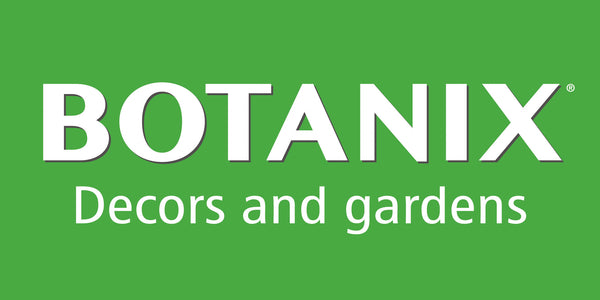You might feel like getting your shovel straight into the earth, but aside from garden prep in the spring and wrapping things up in the fall, maintenance is a scant one hour per week! For people who think they don’t have enough time for a vegetable garden, here are the guidelines for growing fresh fruits, vegetables and herbs.
Watering, when and how
Water is essential for plant growth. Proximity to an outdoor water source will be a big help.
- Regular watering, preferably in the morning
- Water thoroughly to a decent depth every few days
- Water the earth and not the foliage
- Mulching helps conserve humidity and keep the soil moist longer.
The importance of weeding
Weeds grow faster than vegetable plants. Make sure you pull them out so they don't take over your garden.
- They use up nutrients in the soil beneficial to your plants.
- They take up the space necessary for plant growth.
- Mulching will cut down on weeds.
- Container-planting and raised beds reduces the need for weeding.
Support your plants - stake, trellis or cage
Stakes, cages and trellises are essential to a successful garden. They keep them upright and ensure optimal plant growth throughout the season.
- For vegetable plants you expect to grow over a few feet tall.
- Determinate tomato plants need cages.
- Indeterminate tomato plants need stakes, trellis or hanging ropes.
- Climbing beans, peas, cucumbers and zucchinis should be grown vertically using a trellis.
Feed the soil and the plants - compost and fertilizer
Even good-quality soil won't provide all the essential nutrients for a successful vegetable garden.
- The addition of compost and organic or natural fertilizers will nourish plants and maintain healthy soil conditions.
- A lack of nutrients makes plants susceptible to diseases and pests.
- Natural fertilizers improve plant productivity.
- Read the labels to determine the frequency and the quantity needed for the plant.
Prevent pests and diseases
Plants are not immune to disease and insect attacks. Regular monitoring is a must.
- Every week, carefully examine your plants
- Remove wilted leaves and damaged stems
- Monitor growth and readjust stakes and supports.
- Ensure air circulates between the plants
- Examine for spots or white powder on the foliage
- Check under the leaves for the presence of insects or larvae in the soil
- Identify and treat quickly








